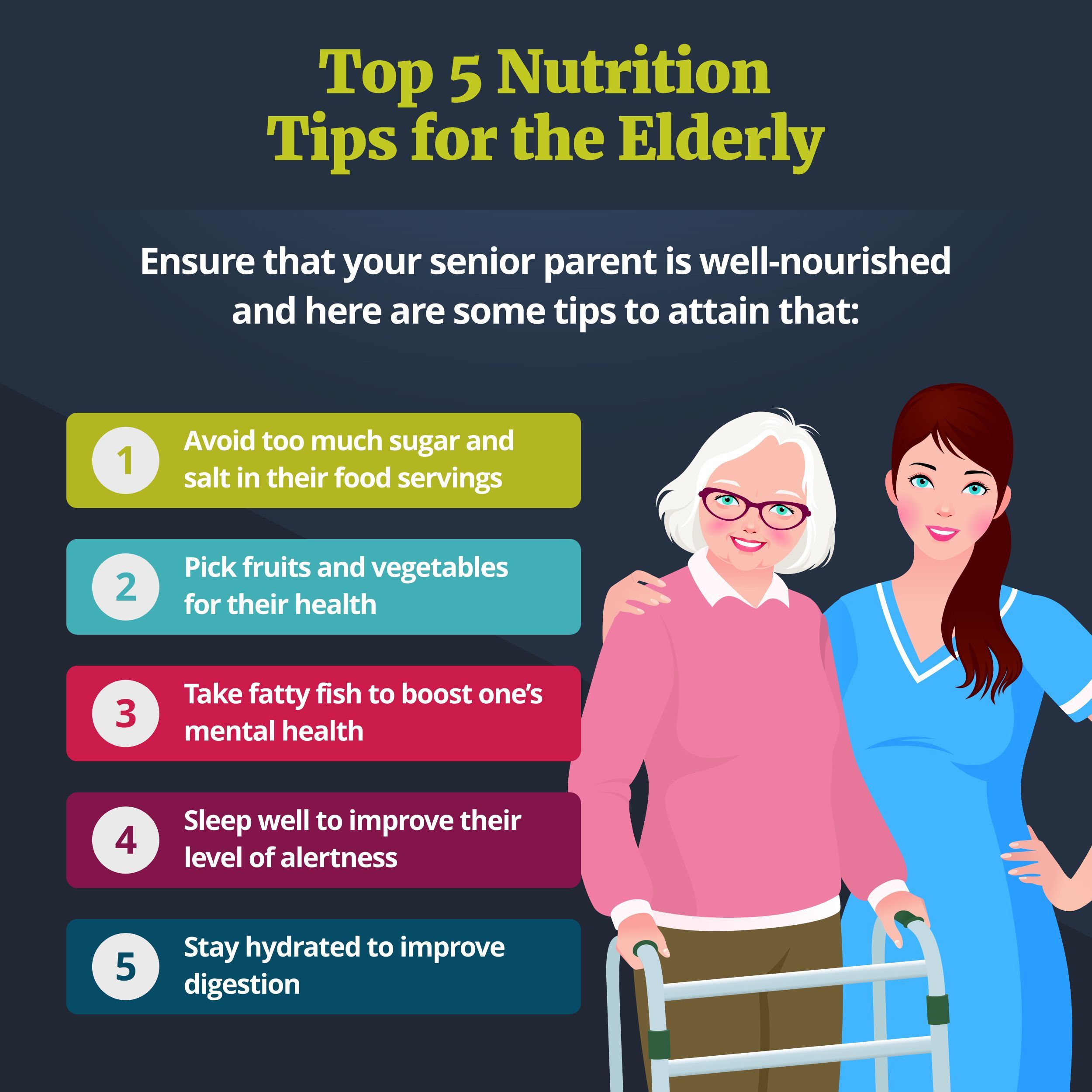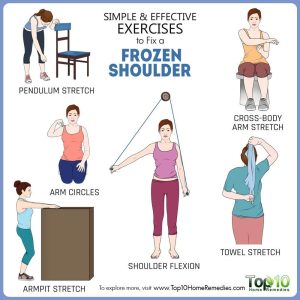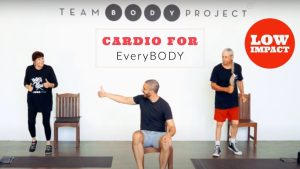
Aging is a natural part of life, and maintaining good nutrition becomes increasingly important as we age. Eating a well-balanced diet can help older adults stay healthy, improve their quality of life, and enhance their overall well-being. In this article, we will discuss 15 essential nutritional tips to promote healthy aging and senior fitness.
1. Consume Adequate Protein
Protein is vital for building and repairing body tissues, supporting a healthy immune system, and preventing muscle loss. Including lean meats, fish, poultry, eggs, beans, and low-fat dairy products in your diet can help meet your protein requirements.
2. Focus on Fiber
A diet rich in fiber aids in preventing constipation, promoting proper digestion, and reducing the risk of heart disease and diabetes. Incorporate whole grains, fruits, vegetables, and legumes into your meals to increase your fiber intake.
3. Stay Hydrated
Dehydration is more common in older adults, and it can lead to various health issues. Ensure you drink enough water throughout the day and consider consuming hydrating foods like soups, fruits, and vegetables.
4. Consume Healthy Fats
Avoid unhealthy trans fats and focus on incorporating healthy fats like monounsaturated and polyunsaturated fats into your diet. Avocados, fish, nuts, and olive oil are excellent sources of these fats, which support brain health and reduce inflammation.
5. Limit Sodium Intake
Excessive sodium can contribute to high blood pressure and increase the risk of stroke, heart disease, and kidney problems. Opt for herbs, spices, and salt alternatives to season your food rather than relying on salt.
6. Consume Calcium-Rich Foods
Calcium is crucial for maintaining healthy bones and preventing osteoporosis. Incorporate dairy products, leafy green vegetables, tofu, and fortified plant-based milk into your diet to ensure adequate calcium intake.
7. Include Vitamin D
Vitamin D helps the body absorb calcium and maintain bone health. It is synthesized when the skin is exposed to sunlight, but aging skin is less efficient at producing it. Consider consuming vitamin D-fortified foods or talk to your doctor about supplements.
8. Eat a Rainbow of Fruits and Vegetables
Colorful fruits and vegetables are packed with essential vitamins, minerals, and antioxidants, which help protect against chronic diseases. Aim to include a variety of colors in your meals to maximize the nutritional benefits.
9. Monitor Vitamin B12 Levels
Vitamin B12 deficiency is common in older adults and can lead to fatigue, memory problems, and nerve damage. Include fortified cereals, animal products, or consider vitamin supplements recommended by your healthcare provider to ensure adequate intake.
10. Prioritize Omega-3 Fatty Acids
Omega-3 fatty acids are known for their brain-boosting benefits and heart health properties. Fatty fish like salmon, mackerel, and sardines are excellent sources of omega-3s. If you don’t consume fish, consider incorporating flaxseed, chia seeds, and walnuts into your diet.
11. Minimize Added Sugars
Excessive sugar consumption can increase the risk of obesity, diabetes, and heart disease. Opt for natural sources of sweetness like fruits and limit the intake of sugary drinks, desserts, and processed foods.
12. Be Mindful of Portion Sizes
Being conscious of portion sizes is important as metabolism slows down with age. Consider using smaller plates or bowls to help control portion sizes and prevent overeating.
13. Avoid Excessive Alcohol Consumption
While moderate alcohol consumption may have some health benefits, excessive intake can lead to various health issues. Limit alcohol to moderate levels, which means up to one drink per day for women and up to two drinks per day for men.
14. Include Probiotics for Gut Health
Probiotics are beneficial bacteria that promote digestive health. Yogurt, kefir, sauerkraut, and kombucha are excellent sources of probiotics that can support a healthy gut flora.
15. Consult with a Nutritionist or Healthcare Provider
Every individual has unique nutritional needs. It’s advisable to consult with a nutritionist or healthcare provider who can assess your diet and provide personalized recommendations to ensure you’re meeting your nutritional requirements for healthy aging and senior fitness.
In conclusion, healthy aging and senior fitness are greatly influenced by proper nutrition. By following these 15 nutritional tips, you can support optimal health, maintain vitality, and enhance your overall well-being in your golden years.

